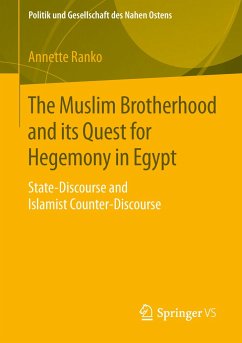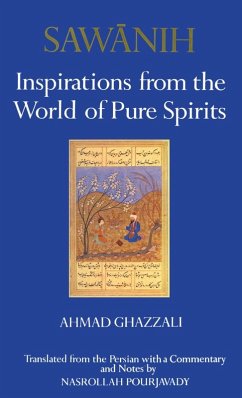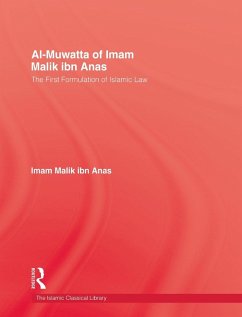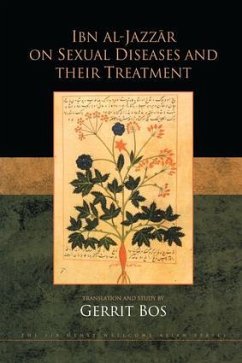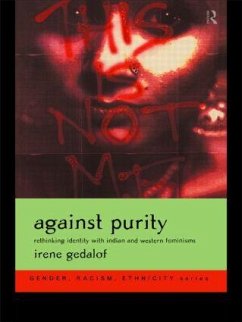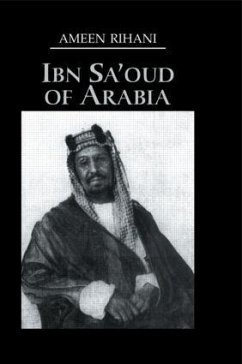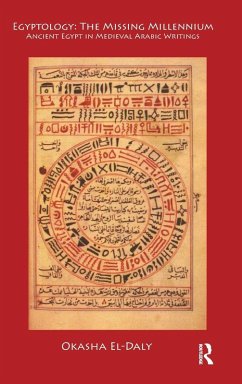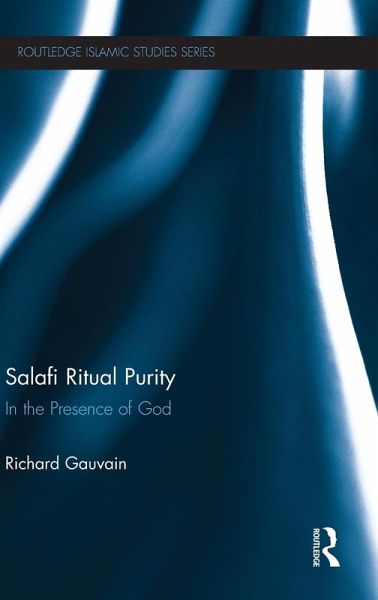
Salafi Ritual Purity
In the Presence of God
Versandkostenfrei!
Versandfertig in 1-2 Wochen
197,99 €
inkl. MwSt.
Weitere Ausgaben:

PAYBACK Punkte
99 °P sammeln!
This in-depth ethnography of ritual and belief in contemporary Cairo contrasts the concepts and practices of three groups of Sunni Muslims--Sufis, practitioners of magic, and the varied religious groups known as "Islamists." There have been few anthropological studies of purity beliefs and associated ritual behavior in specific Muslim environments, and in this pioneering work Gauvain shows that in Cairene society, purity and practice neither uphold social division nor significantly oppress women. Instead, they represent a flexible fusion of social and moral forces that differ significantly according to the groups and individuals involved.
Since 9/11, Salafism has attracted a great deal of attention from the world's media, which predominantly focuses on its potential for revolutionary violence. Salafism remains poorly understood both in Western media, where it is now the focus of considerable debate, and in Western academia, where until recently it was virtually undiscussed. In neither arena has a consensus emerged regarding what Salafism is or does. This pioneering work fills this lacuna by redirecting the reader towards the sphere of ritual practice, within which the discussions of contemporary Salafi scholars prove equally revolutionary. Taking the theme of ritual purity (tahara) as the leitmotif of modern Salafism, this work combines an analysis of key developments in ritual purity law with detailed ethnographic investigations into ritual purity behaviour in specific Cairene settings. The author's research not only bridges the gap between anthropological and Islamicist approaches to Muslim ritual, but highlights the variety of ideas and experiences that contribute to Egyptian Salafism today. This book will be of interest to students of Islamic studies, Anthropology, Religious studies, as well as Middle East studies in general.





